EEG data for ADHD / Control children

- Citation Author(s):
-
Armin AllahverdyMehdi SamavatiMohammad Reza Mohammadi
- Submitted by:
- Ali Motie Nasrabadi
- Last updated:
- DOI:
- 10.21227/rzfh-zn36
- Data Format:
- Links:
-
 35639 views
35639 views
- Categories:
- Keywords:
Abstract
Participants were 61 children with ADHD and 60 healthy controls (boys and girls, ages 7-12). The ADHD children were diagnosed by an experienced psychiatrist to DSM-IV criteria, and have taken Ritalin for up to 6 months. None of the children in the control group had a history of psychiatric disorders, epilepsy, or any report of high-risk behaviors.
EEG recording was performed based on 10-20 standard by 19 channels (Fz, Cz, Pz, C3, T3, C4, T4, Fp1, Fp2, F3, F4, F7, F8, P3, P4, T5, T6, O1, O2) at 128 Hz sampling frequency. The A1 and A2 electrodes were the references located on earlobes.
Since one of the deficits in ADHD children is visual attention, the EEG recording protocol was based on visual attention tasks. In the task, a set of pictures of cartoon characters was shown to the children and they were asked to count the characters. The number of characters in each image was randomly selected between 5 and 16, and the size of the pictures was large enough to be easily visible and countable by children. To have a continuous stimulus during the signal recording, each image was displayed immediately and uninterrupted after the child’s response. Thus, the duration of EEG recording throughout this cognitive visual task was dependent on the child’s performance (i.e. response speed).
If there are any questions, please contact nasrabadi@shahed.ac.ir
Normal 0 false false false EN-US X-NONE AR-SA /* Style Definitions */ table.MsoNormalTable {mso-style-name:"Table Normal"; mso-tstyle-rowband-size:0; mso-tstyle-colband-size:0; mso-style-noshow:yes; mso-style-priority:99; mso-style-parent:""; mso-padding-alt:0in 5.4pt 0in 5.4pt; mso-para-margin-top:0in; mso-para-margin-right:0in; mso-para-margin-bottom:8.0pt; mso-para-margin-left:0in; line-height:107%; mso-pagination:widow-orphan; font-size:11.0pt; mso-bidi-font-size:14.0pt; font-family:"Calibri",sans-serif; mso-ascii-font-family:Calibri; mso-ascii-theme-font:minor-latin; mso-hansi-font-family:Calibri; mso-hansi-theme-font:minor-latin; mso-bidi-font-family:"B Nazanin";}
Instructions:
Extract the Zip files. Load the ".mat" data into MATLAB.
If you want to import the electrode location into EEGLAB, please use the attached".ced" file.
Normal 0 false false false EN-US X-NONE AR-SA /* Style Definitions */ table.MsoNormalTable {mso-style-name:"Table Normal"; mso-tstyle-rowband-size:0; mso-tstyle-colband-size:0; mso-style-noshow:yes; mso-style-priority:99; mso-style-parent:""; mso-padding-alt:0in 5.4pt 0in 5.4pt; mso-para-margin-top:0in; mso-para-margin-right:0in; mso-para-margin-bottom:8.0pt; mso-para-margin-left:0in; line-height:107%; mso-pagination:widow-orphan; font-size:11.0pt; mso-bidi-font-size:14.0pt; font-family:"Calibri",sans-serif; mso-ascii-font-family:Calibri; mso-ascii-theme-font:minor-latin; mso-hansi-font-family:Calibri; mso-hansi-theme-font:minor-latin; mso-bidi-font-family:"B Nazanin";}


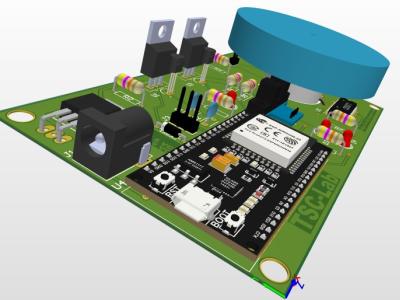
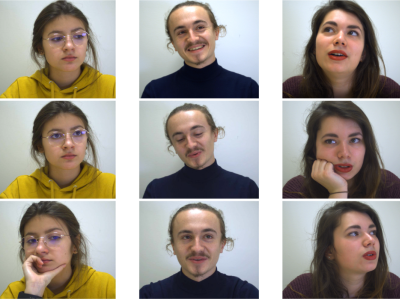
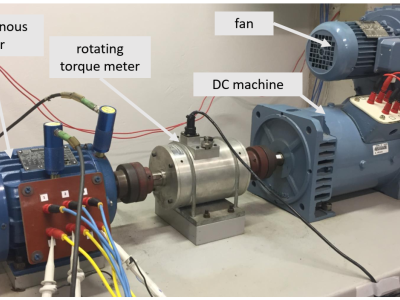
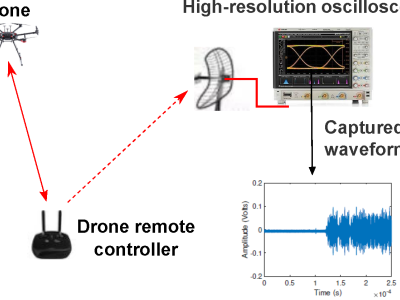
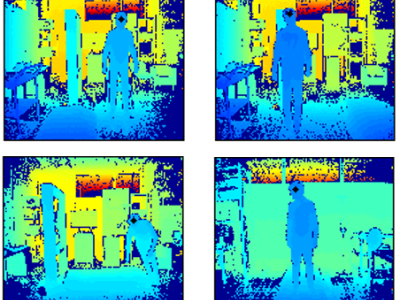


In reply to thanks a lot, the dataset is by hasan babaie
In reply to thanks a lot, the dataset is by hasan babaie
In reply to In the description of the by Riccardo Asnaghi
In reply to is this database only of by Miguel Rueda Diaz
In reply to Excuse me, which brand of by Kenneth Rodrig…
In reply to Thanks for sharing such a by Ali Kareem
In reply to Thanks for sharing such a by Ali Kareem
In reply to Is there any difference by Jia-Rong Yeh
In reply to I hope it is game operated by by swapnali chaudhari
In reply to Thanks for sharing. Is there by Juan Andres Ro…
In reply to Hi Ali, first of all I want by FRANCISCO SANCHIS
In reply to I will be very thankful if by Tahreem Fatima
In reply to Do you have preprocessed data by Yizhou Li
Hi Yizhou,
I also got confused about whether the data was pre-processed or not. Did you manage to get the preprocessed data?
Do the children with ADHD in this dataset vary in severity, or are they all collectively considered mild, moderate, or severe cases?
what is the sampling frequency